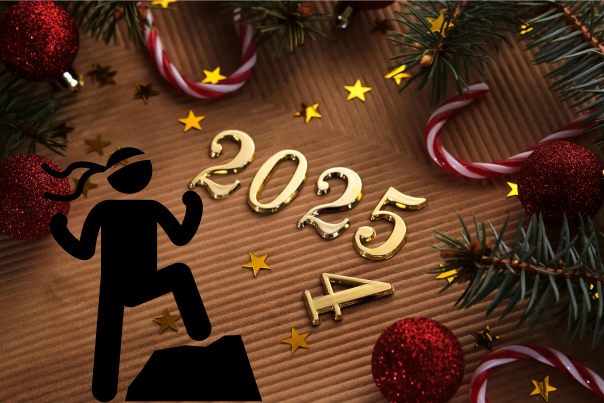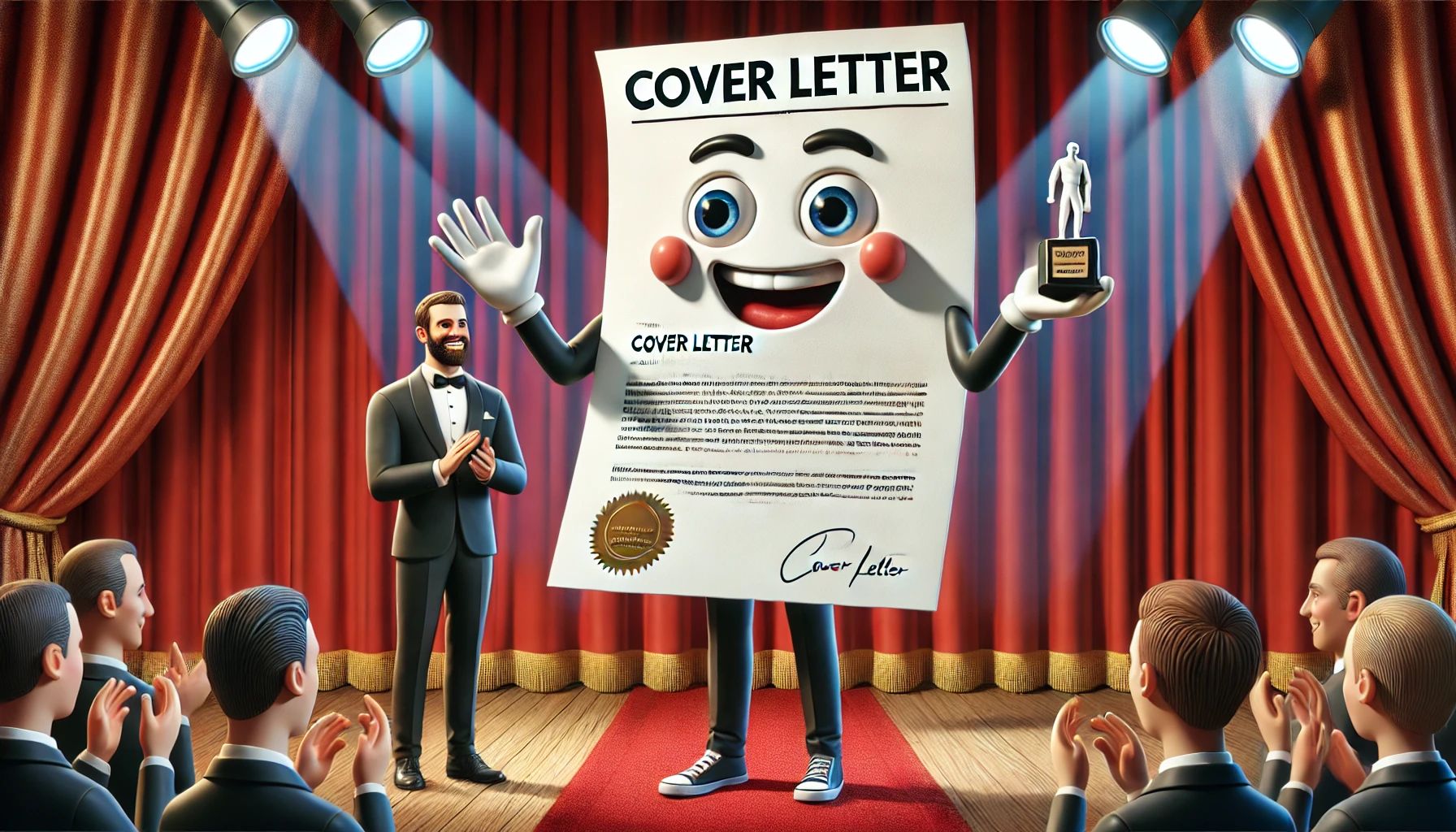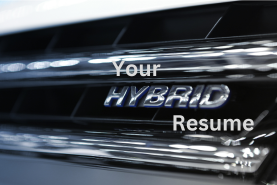 Quick Resume Changes That Can Make A Difference
Quick Resume Changes That Can Make A Difference
You’ve sent out dozens, if not hundreds of resumes over the past few months. But alas, no calls. Not serious ones anyway. You get the occasional call about a “business opportunity” or the ever-present offer to work a commission-only job, but nothing directly aligned with what you really want to do.
Putting in hours and hours in the composition of your resume doesn’t guarantee that it will bring the buzz you seek. Like anything else, it isn’t necessarily about the time you spend on the resume, but the bang for the buck by taking care of the high impact strategies that make the biggest difference. If you have been experiencing lackluster performance, here are some resume hack suggestions that can help to amp up performance.
Resume Hack #1: Quality Over Quantity
One of the most common mistakes in strategy that resume writers see involves job seekers attempting to cram every single duty they have ever performed into their resumes. Your resume is supposed to get you into the door so that much of that minutiae can be discussed and reviewed. With limited page real estate to work with, one must balance available space with content priority. Every piece of information does not hold the same importance to the reader (and this is who we write for, right?) Consider what will move the meter and keep the focus there.
Resume Hack #2: Use Layout Strategies That Create Navigation Ease
There is nothing more frustrating to an exhausted and weary-eyed hiring manager than having to review a homogeneous resume where everything looks the same at a glance. Remember that the average review time is around 10 seconds or less at the beginning of the process. If they cannot determine a match within that time, they move on to the next candidate and you lose. An effective resume provides its reader with visual cues that tell them what is and isn’t critical in the first phase of that process. But don’t lean too much on bolding, italics and underlining. This can make the document “noisy” and also does not perform well with certain applicant tracking systems.
Resume Hack #3: Strategically Integrate Keywords Through The Resume
Our hiring manager from the early example is only spending 10 seconds reviewing your resume, right? Well, what do you think they are looking for? They are trying to quickly identify signs that you meet the position’s qualifications. If you are an accountant and your resume is devoid of words and phrases such as “GAAP”, “financial statements”, “general ledger” and other industry terms, how do they (or their company database) determine at a glance that you have the goods? While you do not want to overdo it, be sure your reader “sees the vacant job” within your resume.
Resume Hack #4: Fix Alignment and Spacing Issues
Inconsistency in spacing is more than just an eyesore. It can cause confusion for your reader. Related sections that are inconsistently aligned or spaced can have your reader thinking at a glance that they are not. Additionally, with hiring managers looking to pare a large stack of resumes down to a few worthy of an interview, you don’t want to give them to assume you’re sloppy and dismiss your resume arbitrarily for something that has nothing to do with your qualifications. Check your spacing between sections, paragraphs and bullets to ensure you are using the same settings within each data set. This will make for a more presentation friendly resume and help your reader immensely (see Hack #2)
Resume Hack #5: Consider A Font Change
You would be surprised at how a simple font change can ease the stress on a reader’s eyes. Some fonts are just more difficult to digest than others. If your resume is a bit content dense (and even if it isn’t), consider using a san serif font. San serif fonts have cleaner lines and keeps the document from looking as busy, even though the same number of characters are being used. The cleaner lines of the san serif fonts also make it easier for scanning devices. Of course, font selection should always be balanced with your job search goal. For example, perhaps a serif for works better for someone in a creative field. But for those who are not, this could help move the meter a bit.
Quick resume hacks can help, but you also want to be certain that your resume is developed with a strategy that targets the goal. Just remember that your resume is not about you. It is about your reader. And everything that you put within that resume should be with that in mind.
Now go get that job!

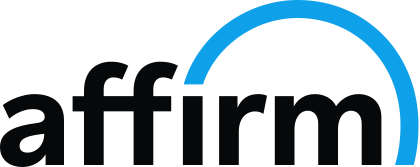
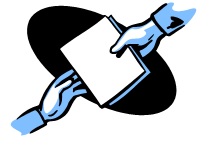 Quick Resume Changes That Can Make A Difference
Quick Resume Changes That Can Make A Difference